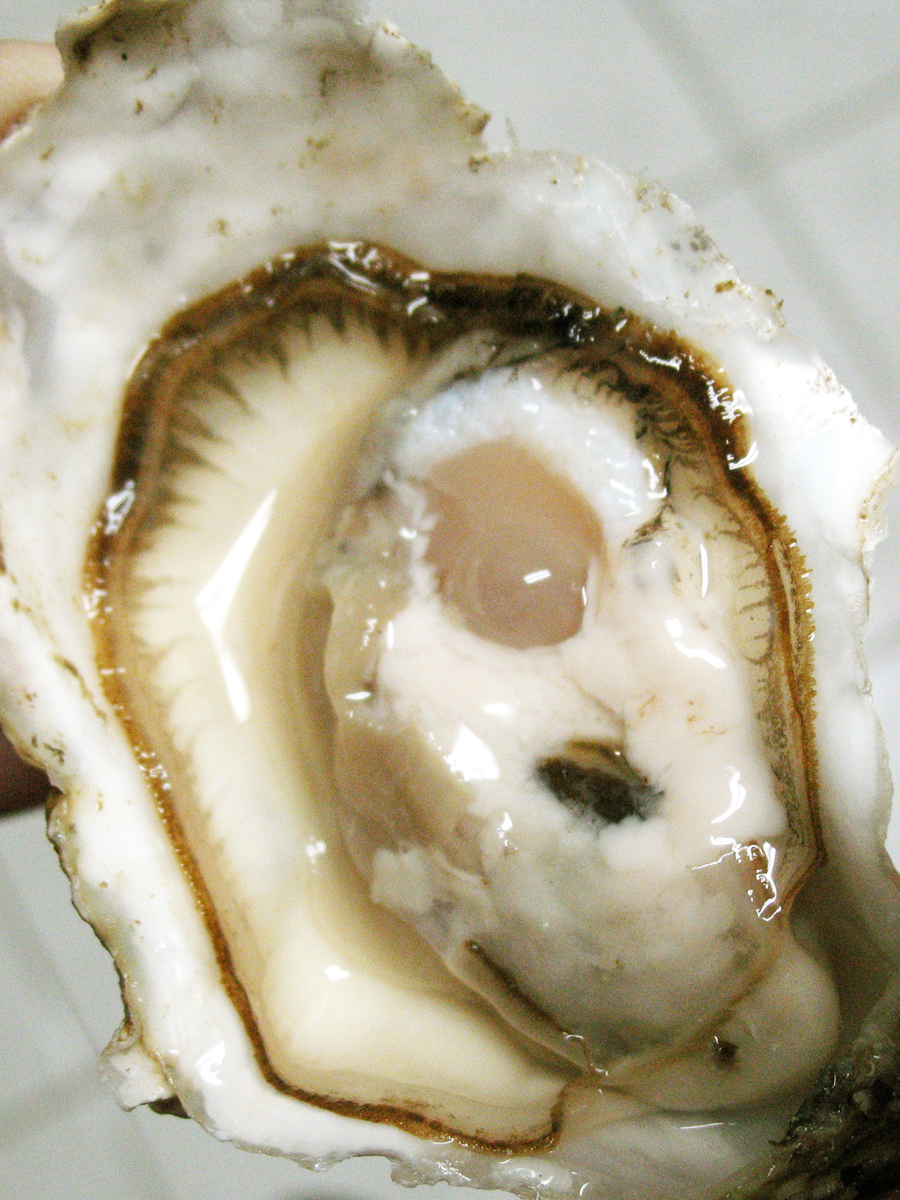Making better use of what we have: Strategies to minimize food waste and resource inefficiency in Canada
DOI :
https://doi.org/10.15353/cfs-rcea.v3i2.143Résumé
We examined the problems of and solutions to food waste through the main three frames of social science research on food waste: political economy; the cultural turn (the cultures, ideologies and politics of food and consumption); and political ecology. In the course of our collective research on food waste, we analyzed dozens of government and company documents, interviewed over 35 employees of food chain firms and organizations, including 9 middle to senior managers in food retail, and 2 farmers. One co-author, as part of this and affiliated work (McCallum, Campbell & MacRae, 2014), toured distribution facilities and stores of a major Canadian food retailer, had access to the Company’s head office staff, held group and one-on-one interviews with staff in a variety of capacities, and was granted access to confidential corporate reports. Another co-author volunteered with a food recovery organization and spoke with their operational staff. Our method to identify solutions is described in more detail below, but essentially we follow a normative approach as broadly outlined by MacRae and Winfield (2016).
Our focus in this paper is on changes to policies, programmes and legislation/regulation at the level of the state. Such interventions are clearly only a piece of a wide ranging set of initiatives to be undertaken by numerous actors – from food chain firms to individual eaters – but our reading is that more attention has recently been paid to private firm than regulatory changes. We hope to redress this to some degree in this article.
Téléchargements
Publié-e
Comment citer
Numéro
Rubrique
Licence
Les auteurs qui publient avec cette revue acceptent les conditions suivantes: Les auteurs conservent les droits d'auteur et accordent à la revue le droit de première publication avec l'œuvre sous licence simultanée Creative Commons qui permet à d'autres de partager l'œuvre avec une reconnaissance de la paternité de l'œuvre et de la publication initiale dans cette revue. Les œuvres publiées dans RCÉA/CFS avant et incluant le vol. 8, n° 3 (2021) sont sous licence Creative Commons CC BY. Les œuvres publiées dans le vol. 8, n ° 4 (2021) et après est sous licence Creative Commons CC BY-SA. Les auteurs peuvent conclure des accords contractuels supplémentaires séparés pour la distribution non-exclusive de la version publiée de l'ouvrage par la revue (par exemple, l'ajouter à un dépôt institutionnel ou le publier dans un livre), avec une reconnaissance de sa publication initiale dans ce journal. Les auteurs sont autorisés et encouragés à publier leurs travaux en ligne (par exemple, dans des dépôts institutionnels ou sur leur site Web) avant et pendant le processus de soumission, car cela peut conduire à des échanges productifs, ainsi qu'à une citation plus précoce et plus importante des travaux publiés. (En savoir plus sur le libre accès.)





